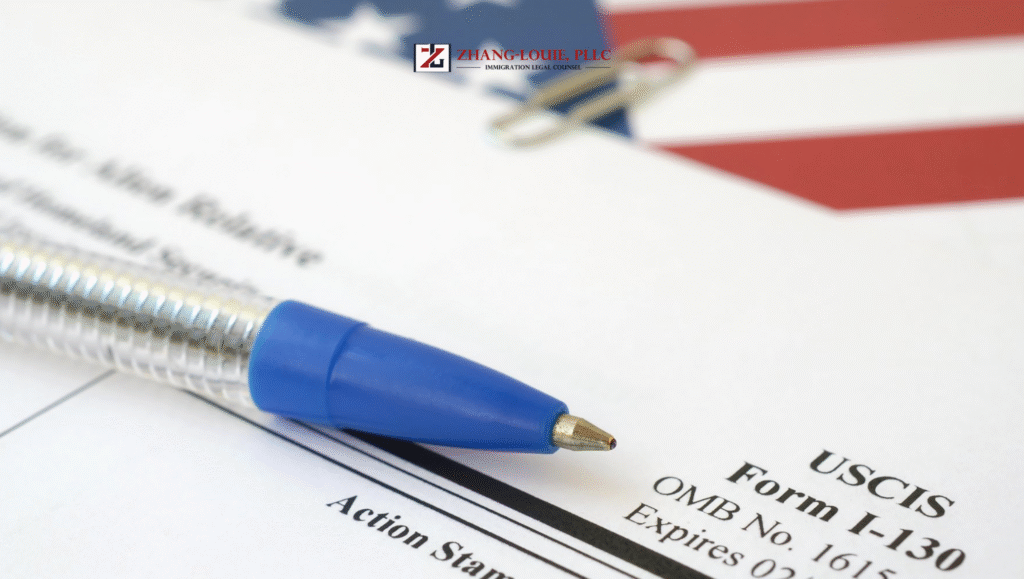
It can be unsettling to learn that your visa application has been delayed because a U.S. consulate returned your petition to U.S. Citizenship and Immigration Services (USCIS) for further review. This situation is commonly referred to as a “consular return.” Even though your petition was previously approved by USCIS, a consular officer abroad has asked USCIS to re-examine it before deciding whether a visa can be issued.
A consular return occurs when a U.S. embassy or consulate declines to issue a visa and sends the approved petition back to USCIS for review. The officer does not deny the visa outright; instead, they request that USCIS take another look at the case.
This can happen with several types of petitions, including:
A consular officer may do this if they believe additional documentation is needed, if circumstances have changed, or if there are concerns about eligibility or authentication of evidence.
Once returned, the petition is first routed through the Department of State and then back to the original USCIS service center for review. From there, USCIS may:
This process may take several months, and updates are not always immediate, which can cause understandable stress for applicants and families.
A NOIR explains the reasons USCIS may revoke the petition and provides an opportunity to respond. The response must be thorough, well-supported, and directly address the concerns raised.
A strong response generally includes:
The quality of the response can determine whether the petition moves forward or is withdrawn.
At Zhang-Louie PLLC, Attorney Zoe Zhang-Louie and our team assist clients by:
Our goal is to help you maintain progress toward your immigration plans with clarity and confidence.
A consular return does not automatically mean denial, but it does require careful and timely attention. Understanding the process, and responding strategically, can make a meaningful difference in the outcome.
GET IN TOUCH